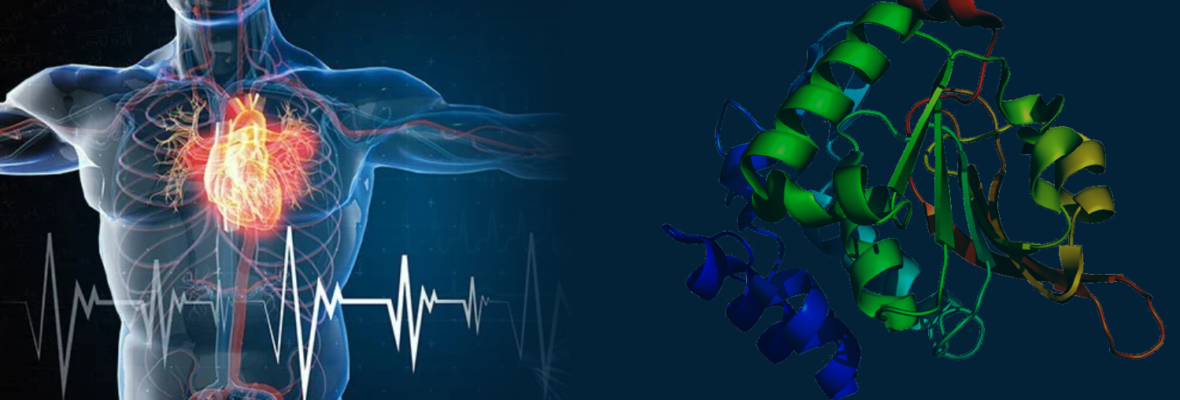PROCALCITONIN (PCT)
Procalcitonin (PCT) is the precursor of the hormone calcitonin.It is a 116 amino acid protein with a molecular mass of 13 kDa, encoded by the CALC1 gene. Under normal conditions, the PCT formed in thyroid C cells is converted to calcitonin; as a result, no PCT is released into circulation, and a procalcitonin level in the blood of healthy individuals is low. Therefore, it is normally undetectable in Healthy persons, and PCT levels in healthy individuals are <0.1 ng/ml.
PCT is produced by any cell in the human body, often responding to bacterial infections and tissue injury. The level of procalcitonin is increased in bacterial infections and Sepsis. Procalcitonin has gained clinical significance as a serum biomarker due to its good specificity in distinguishing bacterial infections from other causes of infection or inflammation.
Various studies have established that higher levels of PCT are associated with increased mortality and a higher rate of re-hospitalization in patients with Heart Failure and no evidence of infection. PCT levels are also significantly increased in acute heart failure patients with a concomitant bacterial infection.
Though CRP is a prognostic predictor in patients with chronic heart failure (CHF), PCT is a novel prognostic predictor and more sensitive than CRP for predicting future cardiac events, death, or re-hospitalization due to worsening Cardiac heart failure (CHF). Therefore, adequate therapy is of utmost importance in acute heart failure (AHF ) & PCT-guided antibiotic treatment brings down the duration of antibiotic therapy and improves outcomes in patients with AHF.
J. Mitra & Co. offers diagnostic test kits for Quantitative determination of PCT levels in Human Serum and plasma; An ELISA test; PCT Quanti Microlisa and POCT test; PCT Quanti card, based on Fluorescence immunoassay. Both the products are indigenously developed and have good precision and accuracy in test results.
PCT can be considered a potential biomarker of heart failure due to its accurate sensitivity and specificity for assessing and diagnosing the severity of heart failure.


